UP IHR conducts a roundtable discussion (RTD) on the Philippine Indigenous Law Curriculum (Law 132)
The UP Law Center Institute of Human Rights (UP IHR), in commemoration of the National Indigenous Peoples (IPs) Day in the Philippines and International Day of World’s Indigenous Peoples, conducted last 17 August 2023 a roundtable discussion (RTD) on the development of the course offering of Philippine Indigenous Law (Law 132) under the UP College of Law. Attending the event both in person and through Zoom application were representatives from private and public institutions, including the National Commission on Indigenous Peoples (NCIP), Commission on Higher Education (CHED), Commission on Human Rights (CHR), Department of Education (DepEd), UP Diliman Department of Anthropology, UP Manila Department of Political Science, Polytechnic University of the Philippines (PUP), Ateneo de Davao University (AdDU), Arellano University School of Law (AUSL), Kabisig ng Kalahi Incorporated, Tebtebba Foundation, and Sarmiento Loriega Law Office.
Philippine Indigenous Law allows learners to understand the legal and social frameworks surrounding IPs through legal anthropology, sociology, history, and law. The course was developed to recognize the positionality of its learners (e.g., gender, race, ethnicity, indigeneity, social status) and its impact on their conceptualization of the subject.
The RTD, as part of UP IHR’s Indigenous Peoples Law and Policy led by UP IHR Senior Legal Associate Atty. Raymond Marvic C. Baguilat, strengthened the course by gathering perspectives from different academic disciplines and legal practices to determine entry points where IPs’ knowledge, practices, and customs can be integrated into formal and informal education systems. Giving the Welcome Remarks during the RTD, Professor Elizabeth Aguiling-Pangalangan, stressed the importance of indigenous knowledge in society and that bridging the gap between knowledge and understanding, and sculpting a future where the indigenous peoples’ voice is not only heard but celebrated necessitates teaching IP Rights as part of the mainstream curriculum of law and other disciplines.
Beginning the 1st Session with the theme of “Indigenous Peoples Education and Limitations,” it was established that despite the legal and moral duty of the State to recognize, respect, and protect the rights of indigenous peoples, there continues to be a gap between the knowledge and understanding of indigenous voices in the Philippines. One of the limitations raised concerning IPs education and sharing about specific Indigenous Knowledge Systems and Practices (IKSPs) is the absence of corresponding legitimate knowledge holders who can appropriately convey their culture. Furthermore, there was also a need to highlight the materials that embrace the decolonization of the curriculum.
To better achieve the course’s interdisciplinary approach, the participants agreed to share additional references in their area of expertise. They further agreed with Atty. Baguilat as he shared efforts to invite subject matter experts and traditional knowledge holders from other communities to join the classes. Materials authored by local authors will then be highlighted to make the goal of decolonization more evident.
The 2nd Session, following the theme of “Popularizing Indigenous Peoples Education,” focused on the ways in which IP education can be disseminated in today’s society. The participants urged the Legal Education Board (LEB) to offer more human rights subjects to be taught in law schools while bearing in mind the indigenous concept of human rights. Notably, while it was acknowledged that most Philippine law schools adopt a “Bar-oriented” approach, it was integral to create a platform to surface the concerns and rights of IPs by actively engaging with them Moreover, aside from offering specific courses on IPs, it was suggested that the source materials covering IPs be integrated into the respective Bar subjects’ curricula (e.g., Constitutional Law, Property Law, Civil Law). Also, beyond legal education, the participants called for integrating IPs education in all levels (primary, secondary, tertiary, and post-graduate) and types of education (formal and informal). The participants finally affirmed the need for a handbook to guide Indigenous rights instructions.
To conclude the RTD, the participants expressed that the program is a timely and relevant intervention that recognizes, promotes, and protects the rights of IPs. They agree to support and collaborate with the institute. They echo Atty. Baguilat’s call to action to ensure that IPs will never be left behind.

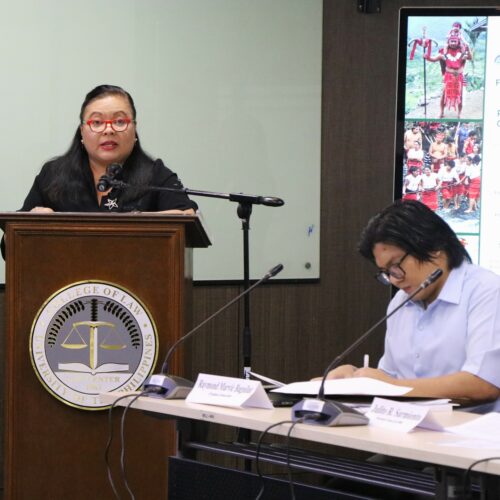
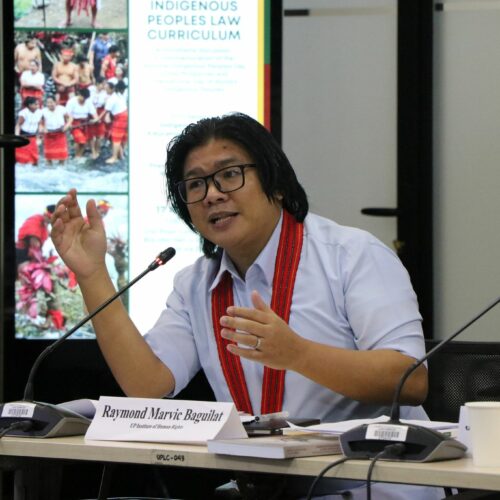
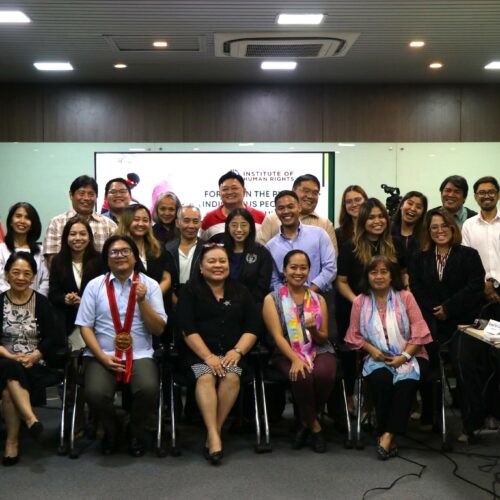
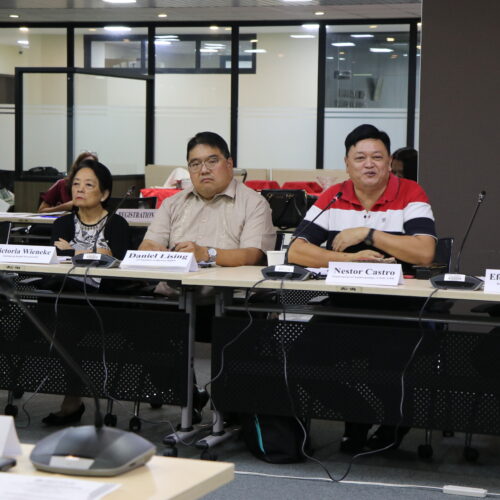
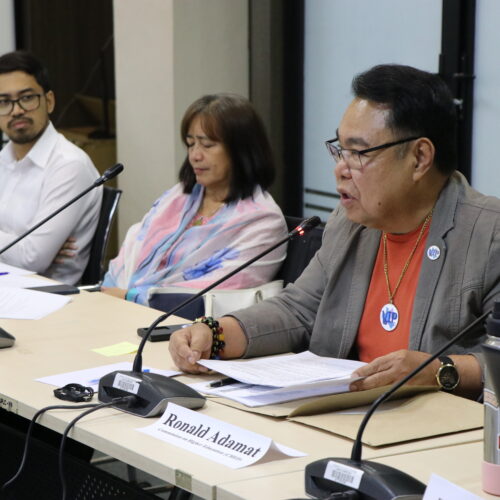
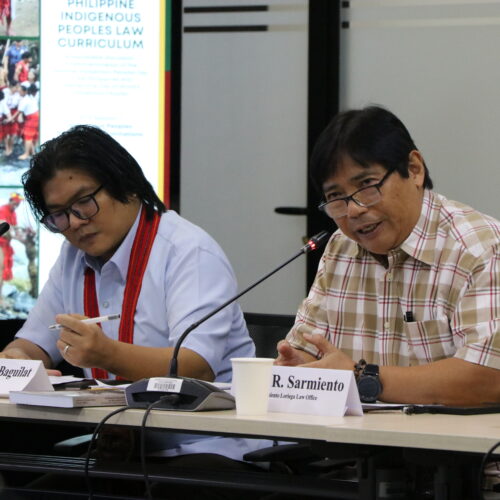
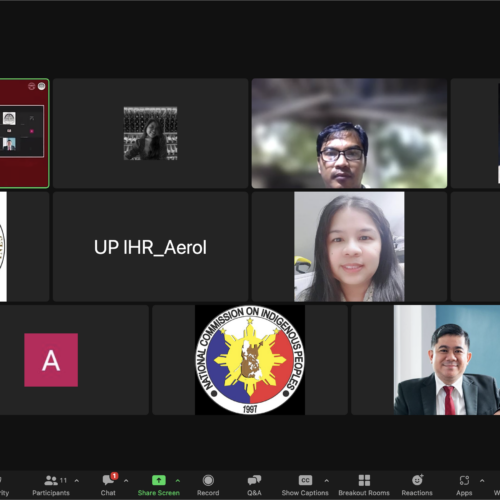






































































































 on the upper right corner to select a video.
on the upper right corner to select a video.